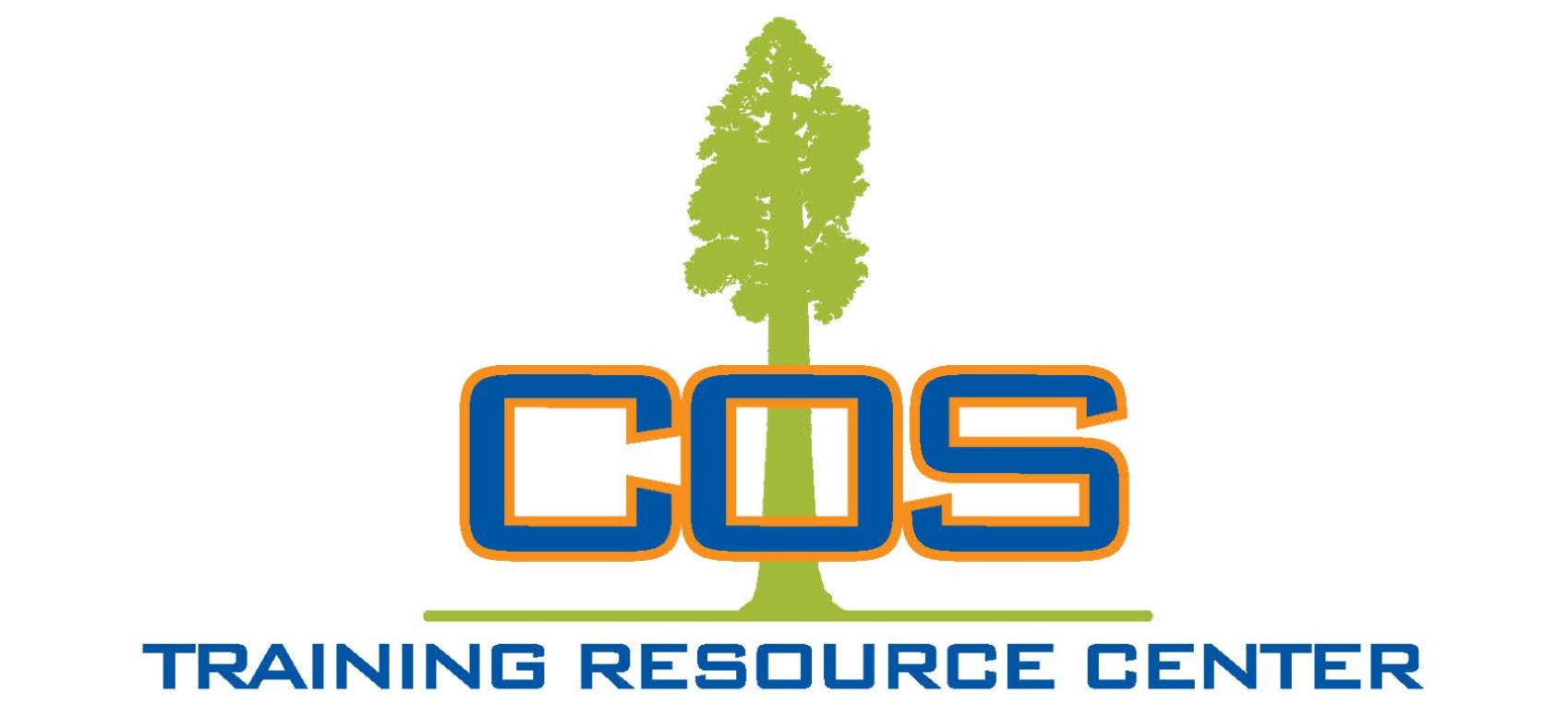Contract Education Program Creating Equity as it Puts CalWORKs Participants on Path to Self-Sufficiency

display their certificates of completion.
Contract Education Serving Underrepresented Groups, Special Populations
Contract Education (CE), which provides employee training on behalf of an employer or organization, comes in different shapes and sizes. Program design and delivery vary from one California community college to the next, especially as CE professionals work with businesses and organizations to create innovative custom-made solutions that meet their workforce needs.
One thing that holds true across Contract Education programs, though, is they play a role in creating equitable access for California’s underrepresented groups, particularly populations of color and other disproportionately impacted groups. That includes individuals with disabilities, current or former foster youth, the homeless populations, undocumented residents – and any other group that faces challenges to reaching their educational and career goals.
Equity is at the core of the California Community Colleges Chancellor’s Office (CCCCO) work, as expressed in its Vision for Success and the Strengthening Our Vision document. So, CCCCO’s Contract Education Technical Assistance Provider recently conducted a survey of the state’s approximately 45 Contract Education units to learn about the programs they offer to underrepresented groups and special populations.
The survey, to which approximately 36% of units responded, found CE programs are serving individuals from underrepresented groups, as well as individuals currently and formerly incarcerated, and high-functioning individuals with autism, among other special populations. The percentage of participants from underrepresented and disproportionately impacted populations varies by program.
In this blog article, we highlight the CalWORKs partnership between the San Mateo Community College District and the County of San Mateo, one CE program that is working to create equity for individuals who may not otherwise have a chance to access the education and training needed to achieve long-term self-sufficiency. This is the first in a series of programs we will highlight.
A Unique Partnership That Changes Lives
Jennifer Rogers, CalWORKs and CalFresh employment manager for the County of San Mateo’s Human Services, had a kernel of an idea two years ago when she approached Jonathan Bissell. It had to do with helping participants of the County’s CalWORKs program, which provides temporary cash assistance to low-income families with children, along with services to help them find and keep a job.
Bissell oversees CCCE Corporate Training Solutions, the San Mateo Community College District’s contract education unit, and had worked with Rogers five years earlier to provide not-for-credit soft skills and computer training for participants of CalWORKs and other programs. This time, Rogers had for-credit college courses in mind for CalWORKs participants, and she wanted it to be a component of a work-study program.
Rogers recalls how she and Bissell gathered around a white board to brainstorm together about how to use contract education’s fee-for-service model as a vehicle to bring the idea to life and, as Bissell describes it, “to create equitable access that wouldn’t otherwise exist.”
“Jonathan is the most amazing thought partner,” Rogers said. “He truly takes the time to understand your circumstances. He never approaches anything as impossible. I think it’s a unique partnership and working with him and his team has changed the lives of a lot of families.”
‘We’re Dreaming Big for You’
The work-study program launched in spring 2019, with a cohort of 17 CalWORKs participants.
Program participants work four days a week in a paid job. On Fridays, they take a for-credit college course with other CalWORKs participants. Bissell’s team works with Cañada College to provide course instruction and academic support for the two-semester program, while the County provides wraparound services, such as those related to food and housing, needed to stabilize participants and help them meet their goals. In the first cohort of students, 43% of the program participants were enrolled in family stabilization services, which are intensive or crisis case-management services. Cohorts take CRER 137, a career and personal development course that melds preparation for life, work and academics, in the first semester, and in the second semester, English 105. The classes provide transfer credits and typically draw 13-18 participants each, Bissell said.
“It’s the best of many worlds really,” he said. “You get access to a college education, for people who otherwise wouldn’t have the means to do it, and you have a support network that gets built as a cohort. You get the wraparound services and a teacher who’s focused just on you to help you navigate this college experience. It’s really powerful.”
While it is more common for contract education to be delivered on a not-for-credit basis, the California Education Code allows CE to be delivered as for-credit courses. However, for-credit courses must be taught by a faculty of record, versus instructional trainers who are subject-matter experts commonly contracted to deliver contract education training. And, Bissell says, for the program to be a success, it needs internal champions who see the value in utilizing contract education to create opportunities for underserved communities. Also, for-credit closed cohort courses offered through contract education are not factored into state funding calculations, so no apportionment is generated.
Rogers said the first cohort of participants bonded and became like a family unit, providing one another support along the way and sharing in similar struggles. The program has been a source of empowerment for participants, giving them the confidence they need to continue on the path to self-sufficiency, with the County and Contract Education as partners in their journey.
“We’re not here necessarily to tell you what to do, we’re here to support you,” Rogers said. “We’re here for you. We’re dreaming big for you.”
The program is not without its challenges. Along the way, there have been issues with attendance, computer and Wi-Fi access and completion of assignments, but Bissell and Rogers work together to find solutions. For example, when COVID-19 hit and instruction moved online, they pushed the start date for the spring 2020 semester back by a week to give the County time to get laptops and secure Wi-Fi access for program participants, some of whom participated from a shelter.
“It’s made a tremendous difference for them to go through this together,” Bissell said. “These adult students, who are primarily women, are dealing with very serious life issues. For them to have the cohort to go through this with and stay strong for one another has really given the confidence and the skills they need to be successful. It’s become a support network for them.”
Supporting Economic Development for Individuals and Communities
The program defines success by the percentage of participants who find a job or go on to continue their education. In that first cohort of participants, in spring 2019, 86% of participants completed/graduated from the program, and 79% of those continued to the next semester. In the spring 2020 cohort, 38% of participants obtained employment, and 80% were considered job-ready at the end of the semester.
The program has gone so well, Rogers said, that what started as an initiative has become a full-fledged program. She is at work designing another program that builds on the work-study program, this one for people who are not quite ready for work-study but could be with some preparation and help to “think big” about their future. The course would help build confidence and soft skills to prepare participants for the CalWORKs work-study program.
At the end of each semester, the County holds a ceremony for participants of the work-study program. Rogers said listening to the students share their stories and what the program did for them brings tears to many eyes. In addition to changing lives and bringing hope to its participants, the work-study program is benefitting the region and the state in that is also serves as an economic developer, Bissell said.
“If you can empower a population that has not been empowered before and use contract education as a vehicle for that, then you are really supporting economic development for those individuals and for your community,” he said.
Connect with Contract Education Professionals
Use the Contract Education directory to connect with CE professionals throughout the state.

